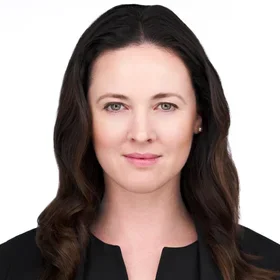Ron Papka, lecturer in Columbia University’s M.S. in Applied Analytics program, began his career as an undergraduate at Columbia. The University’s Career Services department helped him land his first position at a financial institution, and now he has worked in that sector for thirty years. He’s seen how data has changed the industry and predicts how the big banks will adapt to those developments.
1. How has data analytics changed the banking industry? Do you foresee other major changes in the future?
When you look at the big banks, the maturity level of data science, analytics, natural language processing (NLP), and machine learning capabilities relative to other industries is about a decade behind in terms of their abilities to use existing data to make business decisions. The banks are currently on a journey to figure out how their clients want to interact in a digital world. The major changes in banking over the next three years will happen in commercial banking services. Consumers have many digital options to bank, transact, and invest, but commercial banking is a high-touch service for the world's largest enterprises. To operate globally, these institutions need banking services integrated with their logistics.
I would expect an increase in spend on change projects for cloud, data, and analytics at all the major banks in the coming years.

Ron Papka as an undergraduate on the steps of Low Library.
2. What attracted you to the financial sector of analytics?
I have been developing software since my undergraduate days at Columbia. I looked like this [photo of Papka, ’87CC, above] around the time I started developing systems for The New-York Historical Society and other small companies in New York City. I started a software company after graduation, but after two years, I wanted to learn more about programming and the art of building bigger systems. I went to career services on East Campus, and a few weeks later I found myself with a job in credit policy research at Bankers Trust. I grew my hair out and started wearing a white shirt and suit and tie to work. My favorite projects at the bank included analysis that was used to pitch a deal or analyze the value of portfolios of all types of assets. The high stakes and excitement around these projects kept me coming back to banking and analytics my entire career.
3. Is there a specific piece of advice you took from your academic career?
Pursue academic study in areas you have a passion for, and learn how to code in another language before you graduate.
Learn more about the M.S. in Applied Analytics program.


